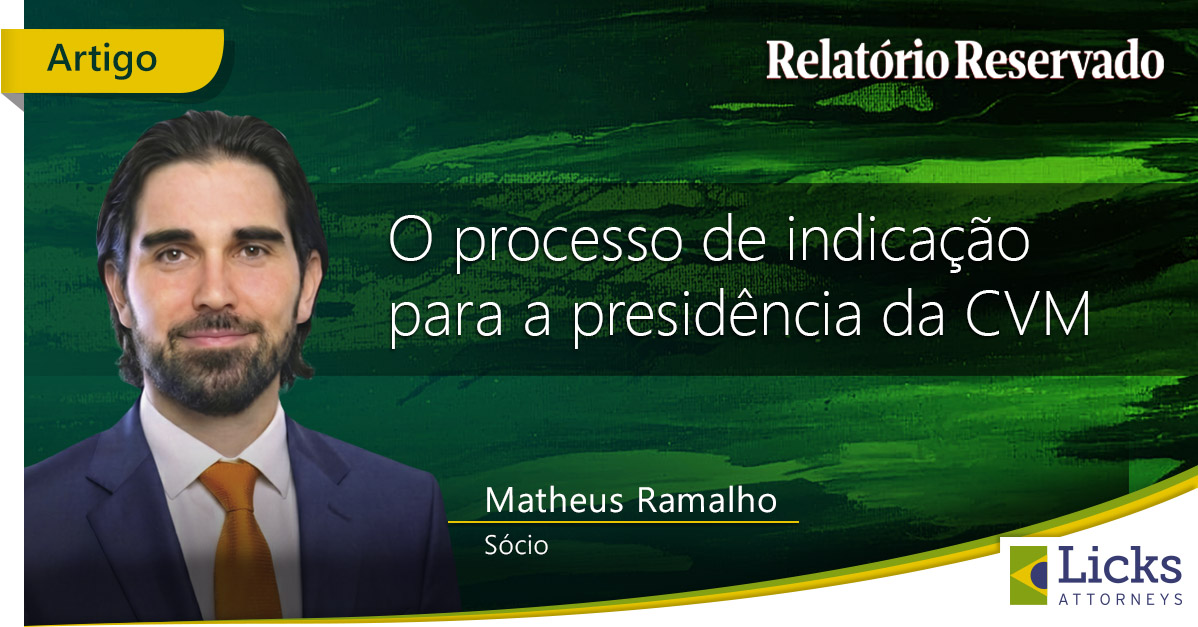Great hopes for the PPH
Otto Licks and Antonio MorschbackerThe patent backlog at the Brazilian Patent and Trademark Office (INPI) has been one of the largest in the world for many years. While other patent offices, such as the US Patent and Trademark Office, European Patent Office, Japan Patent Office, China’s State Intellectual Property Office and the Korean Intellectual Property Office have been successful since 2010 in reducing pendency time following the adoption of better procedures, the patent examination delays of the INPI have increased in recent years.
The adoption of the Patent Prosecution Highway (PPH) programme by these patent offices was one of the initiatives used to achieve their targets. The Brazilian Association for Research and Development of Innovative Companies, an association with over 250 associate companies that represent 80% of Brazilian research and development, private investment and 60% of national GDP, has acknowledged since 2011 the Brazilian problem with the overall backlog of patent applications. In 2014, the Brazilian National Confederation of Industry stated that the country needs to reduce the waiting time for a patent application to be examined in order to keep the competitiveness of local companies. The huge delay in the Brazilian prosecution process increases examination costs, but its harmful effect goes beyond the INPI. As a main negative impact for the country, local companies and researchers, the delay brings uncertainty to the market, as patent applications remain pending for more than 50% of their life. This delay may negatively affect the commercial competitiveness of a new product, mainly ones with short lifecycles, ie, they will stay for most of their commercial shelf life without any IP protection.

In addition, the development or acquisition of a new technology that would be able to reduce the manufacturing costs of a product is also badly affected and its adoption might be delayed or even cancelled. As a general rule, inventors and their companies will feel less able to rely on the patent system as they will not have the safety of obtaining economic results from their investments and efforts in innovation. The long period without any examination by the INPI may also incentivise applicants to submit more applications or increase the number of claims, even if they don’t expect that they will be granted, overloading the patent examination system even more. Delays in the examination confer a temporary ‘monopoly’ to non-patentable technologies for a longer term. The Brazilian government, and especially the INPI, has done very little to fix its world-renowned backlog. Increasing examiners’ output, patent work-sharing and means to curb the backlog never seem to be a priority. Centralised access to search and examination, the ‘IP5’ (the five leading IP offices worldwide), the PPH and other forms of work-sharing or means to speed up the work at the INPI are never considered. Another major problem never addressed by the INPI is the large number of examiners allowed to be diverted to less important administrative tasks. Using patent examiners for routine office work is not a reasonable use of resources and worsens the backlog problem. Further, while the INPI spends money sending examiners to travel the world or diverts examiners from core work to attend training abroad, these initiatives fail to produce a noticeable impact. The new Brazilian government has yet to make its presence felt at the INPI. The management is still the one appointed by the former president, Dilma Rousseff, who is facing an impeachment trial at the time of writing. The priorities, or the lack of them, also remain the same. A professional and experienced top management willing to establish and manage a clear system that encourages quicker resolution of issues is very much needed at the INPI. The pressure on patent backlogs has been driven worldwide by the substantial growth in applications, pushed by the globalisation of patent protection strategies. In Brazil, the full adoption by the INPI of the PPH system in collaboration with the IP5 will reduce the backlog, provide homogeneity to local patent examination, and increase the knowledge of professionals involved in the local patent prosecution system. Otto Licks is one of the founding partners of Licks Attorneys. He can be contacted at: otto.licks@localhost/licks/siteAntonio Morschbacker
is a patent specialist at Licks Attorneys. He can be contacted at: antonio.morschbacker@localhost/licks/site Source: http://www.worldipreview.com/contributed-article/great-hopes-for-the-pph
RECENT PUBLICATIONS
-

The Right to in-kind compensation due to unjustified administrative delay: An approach to state civil liability on patent granting administrative proceeding
February 23, 2026 -

Acordo de proteção de dados Brasil-UE: O que muda para as empresas?
February 19, 2026 -

A indicação de Otto Lobo para a presidência da CVM
February 13, 2026

